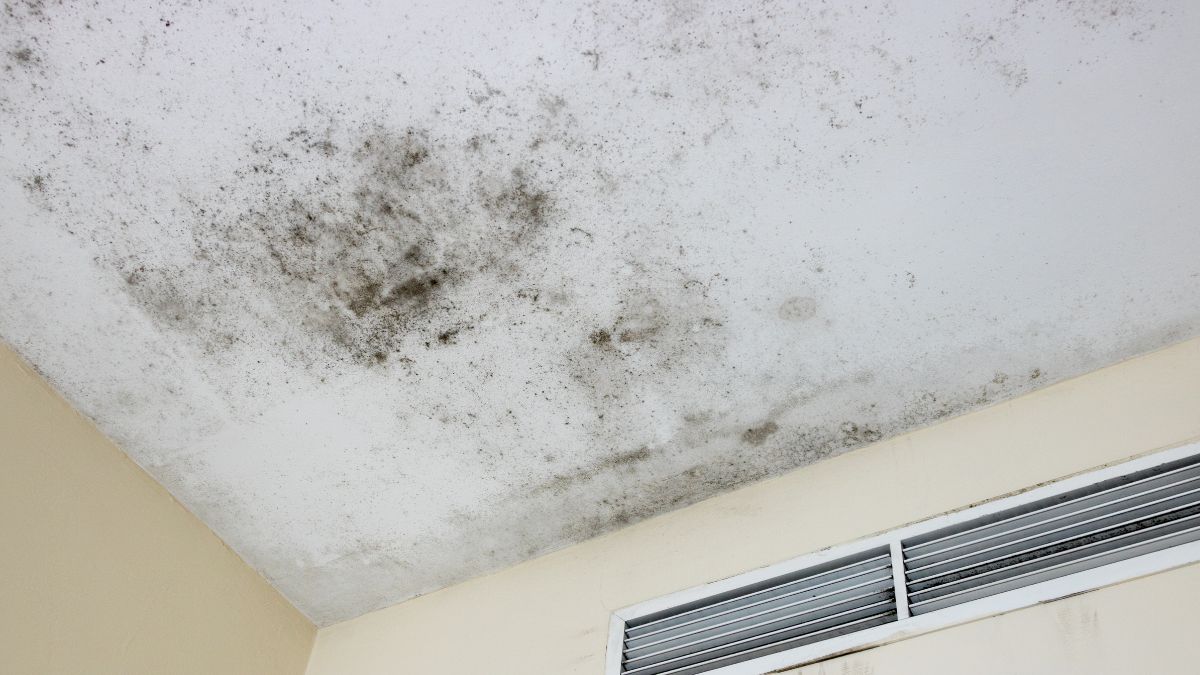Mold remediation is an indispensable service for ensuring that residential and commercial buildings remain safe and free from the hazardous impacts of mold growth. A common concern among property owners is: Can mold be completely removed from a house?
The straightforward answer is that remediation can drastically reduce mold populations. Yet, it doesn’t entirely eliminate all mold spores from a premise. This often leads to another pressing query: Can mold come back after remediation? Addressing this concern requires a comprehensive understanding of mold growth conditions and the efficacy of remediation procedures.
Triggering Factors for Mold Growth
The principal culprits behind mold manifestation are moisture and inadequate ventilation. Even after a thorough remediation, if the underlying issues leading to moisture accumulation are not rectified, mold can potentially make an unwelcome return. Knowing the answer to whether mold can come back after treatment is a stepping stone toward formulating preventive measures.
Mold exposure, particularly from certain toxic strains, could pose serious health risks to pregnant women and infants. There’s been a notable discourse about the occurrence of mold in everyday items like sippy cups and its potential to adversely affect an infant’s health.
Water Damage Restoration: A Vital Step
Often, the genesis of mold infestation is water damage. Situations like flooding, leakages, or high humidity are breeding grounds for mold. Swift and efficient water damage restoration is pivotal to thwarting mold proliferation. This includes expunging water, drying the affected regions, mending any damage, and resolving the moisture sources.
Preventive Strategies Post-Remediation
Post-remediation, it is imperative to adopt certain preventative strategies to avert mold reoccurrence. Firstly, it’s crucial to identify and rectify all sources of moisture. This could entail repairing leaky plumbing, replacing old appliances, or enhancing ventilation within the premises.
Continuous monitoring of these areas, especially post-remediation, is fundamental to preventing mold resurgence. Keeping the humidity levels within your premises in check can significantly diminish the odds of mold reemergence. This addresses the concern of whether mold will come back after remediation.
Your Path to a Mold-Free Environment
If mold recurrence is a concern, consulting with mold experts in Atlanta is a wise decision. With Mold-B-Gone Remediation, you’re not just getting remediation; you’re investing in a long-term mold-free environment. Our proficient team addresses not only the visible mold but delves deeper to rectify moisture sources, ensuring mold doesn’t find its way back to your premises.
Are you concerned about mold reemergence? Connect with Mold-B-Gone Remediation, where eradication meets prevention, ensuring you a safe, mold-free dwelling. Your peace of mind is just a call away.

